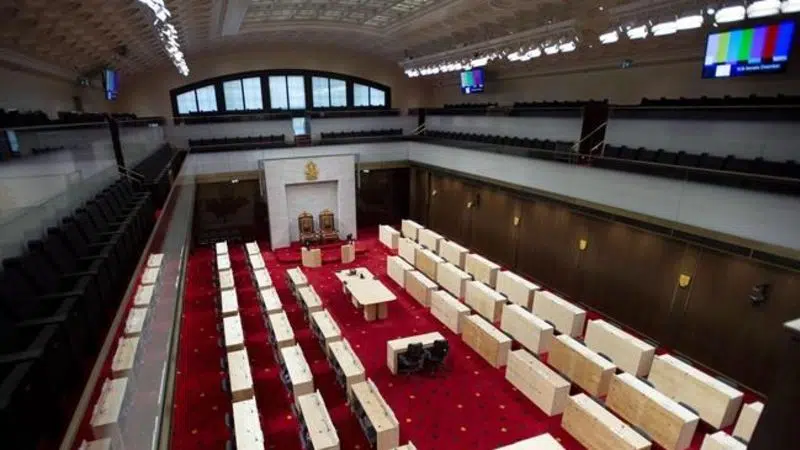
New Senate group forms to push regional interests in a fractured Parliament
OTTAWA — Canada’s Senate took another step Monday in its evolution toward a less partisan chamber of sober second thought as 11 senators banded together to form a new independent caucus aimed at ensuring regional issues get their due in the upper chamber.
The newly christened Canadian Senators Group is the brainchild of Alberta Sen. Scott Tannas, who founded the caucus to make sure the will of the majority in the Senate does not always trump regional interests.
Until now, Tannas had been a member of the Conservative Senate caucus, the last remaining, unabashedly partisan group in the upper house.
Ideologically, Tannas said the new caucus is “centrist” but the majority of its members have prior links to the Conservatives.

